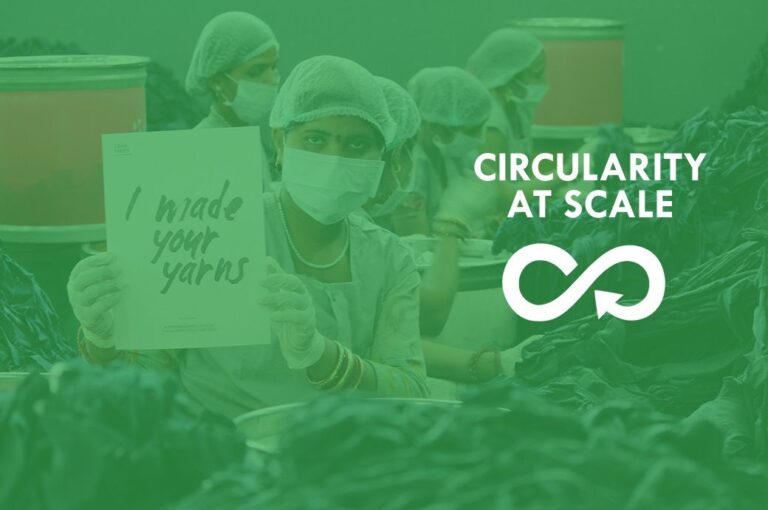
[ad_1]
Usha Yarns said in a statement: “A circular economy brings together multiple factors with the objective of recreating business models. For them to have a positive influence on social and environmental issues, it relies on tactics that are more efficient on managing natural resources and that support human development. Overall, it’s also more sustainable throughout time, while the distribution of value is more equal and long-term.
India-based sustainable textile spinning company Usha Yarns is introducing a fourth facility this year to increase production in order to meet the high demands of the textile industry for sustainable materials. Usha Yarns plans to scale up circularity along with retail and fashion brands that are eager to engage in sustainability measures.
“It’s a concept often associated with small-scale production since local and carefully monitored activities are the easiest way to achieve sustainability goals. But global needs point towards environmental emergencies. We’re not only upon a climate crisis with many actual consequences, but we’re a growing population that expects to reach 8 billion by the end of 2022.”
The company calls for immediate and bigger actions to be taken for such problems. Usha Yarns points that while governments are slow in decision-making due to current geopolitical disruptions, private sectors like enterprises, corporations, companies, and entrepreneurs have the ability to lead the road to transformation.
“The principles of circularity recognise all alternatives that redefine growth, focusing on how the benefits of an industrialised economy and business practices can change the future of capitalism. Many of the conventional profit strategies are fruitful but leave out the negative impacts of production methods. The fast fashion industry is one of the top menaces, consuming an endless number of resources while polluting at the same time,” added Usha Yarns.
Usha Yarns offers a wide variety of yarns made from recycling processes, based on research and global standard quality controls. The brand enables recycling partnerships with full traceability and its recycling process is backed by advanced processes of waste management ethically aligned with UNGC principles and SBTs goals with lesser impact, the statement continued.
The company’s efforts to increase productivity go hand-in-hand with its social responsibility initiatives for local education, clean-water sanitation, infrastructure, and gender equality.
Fibre2Fashion News Desk (NB)
[ad_2]
Source link